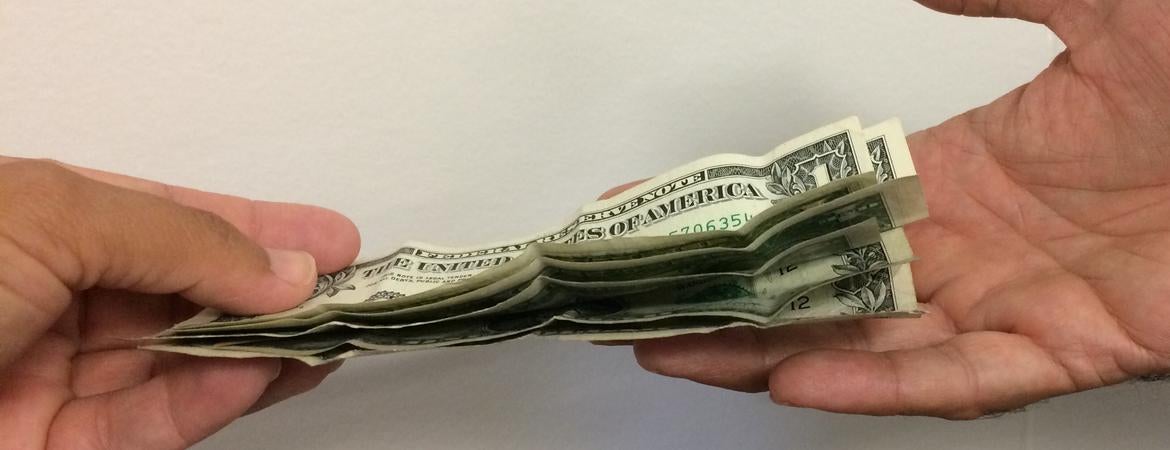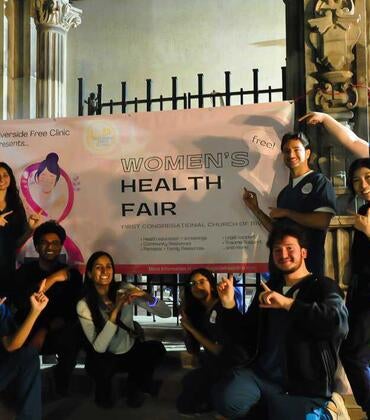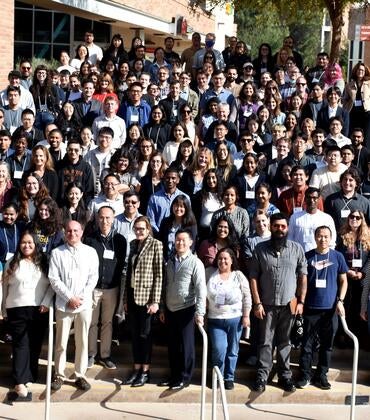Have you participated in a research study and gotten paid for it? Was the payment high? Low? In cash? As a gift card? Did you feel exploited? Did you conceal information to qualify for the study because you sought the payment? Was perhaps your assessment of the risks associated with the research altered by the payment?
These are questions that Brandon Brown, an associate professor in the Center for Healthy Communities in the UCR School of Medicine, and colleagues have grappled with in a cross-sectional study of 100 study protocols — all socio-behavioral — at UCR and published their results in the Journal of Empirical Research on Human Research Ethics.
“National and international research regulations and ethics guidelines require only that payments should be neither undue nor exploitative,” Brown said. “But how researchers and institutional review boards should determine appropriate payments is not specified. As a result, research institutions end up developing their own guidelines for advising researchers on payment types and amounts.”
Brown and his colleagues found that quantitative studies were more likely to offer payments than qualitative studies; nonstudent adults were less likely to be paid than college students; and children were paid more than both college students and nonstudent adults.
The researchers advise that considering whether payments are too high ought to be secondary to considering whether payments are so low that they are exploitative.
“We also advise that in their peer-reviewed manuscripts authors describe their reasoning behind the payments they provided to participants,” Brown said.
He was joined in the research by colleagues at UCR; the University of North Carolina at Chapel Hill; and the University of Florida, Tampa.





